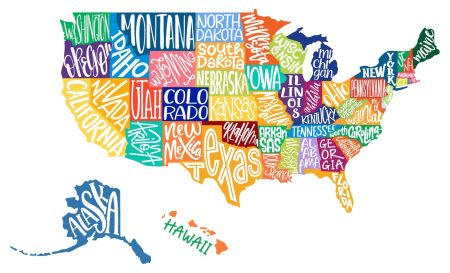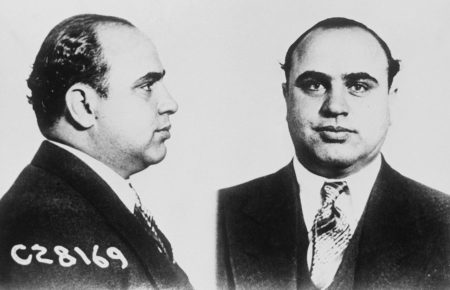Before converting a traditional IRA to a Roth IRA, residents of states with income taxes should review how their states will treat the transactions.
Under federal tax law, the owner of a traditional IRA can roll over some or all of the account to a Roth IRA. The amount rolled over will be included in gross income, to the extent of its pre-tax contributions and earnings, as though it were distributed.
But the amount rolled over stays in the Roth IRA to compound tax free, and eventually the account can be distributed tax free to either the owner or the beneficiary.
Most states treat a conversion the same way, but there are differences and nuances.
The states without income taxes of course don’t tax a conversion. New Hampshire has an income tax on interest and dividends, but not on IRA distributions. So, a conversion by a New Hampshire resident isn’t taxed by the state.
Pennsylvania, though generally a high-tax state, allows IRA conversions tax free. Iowa excludes up to $6,000 of retirement income for residents ages 55 and over, and an IRA conversion qualifies for the exclusion.
But in some states, it doesn’t take much additional income to move you to a higher tax bracket. Residents of those states need to know where they stand in the tax brackets and how much can be converted before pushing them into a higher tax bracket.
Massachusetts and California impose an additional tax when income is $1 million or larger. IRA conversions could trigger substantial additional taxes on residents in those states who already have high incomes.
Some states don’t allow deductions for IRA contributions. If you live in one of those states and made IRA contributions that couldn’t be deducted on the state tax return, those amounts shouldn’t be taxed by the state when the IRA is converted. Be sure you take advantage of this and don’t pay unnecessary state taxes.
Some states have even trickier laws.
In New Jersey, for example, a taxpayer age 62 or older can exclude all pension income, which includes IRA distributions. But the exclusion phases out when income exceeds $100,000 and is eliminated when income exceeds $150,000. A New Jersey resident might want to limit the amount of an IRA conversion to avoid losing the exclusion.
Federal income taxes should be the major driver of whether or not to convert all or part of a traditional IRA to a Roth IRA. But state taxes also matter. Examine state tax law and know how a conversion would affect your tax bill.
Read the full article here












